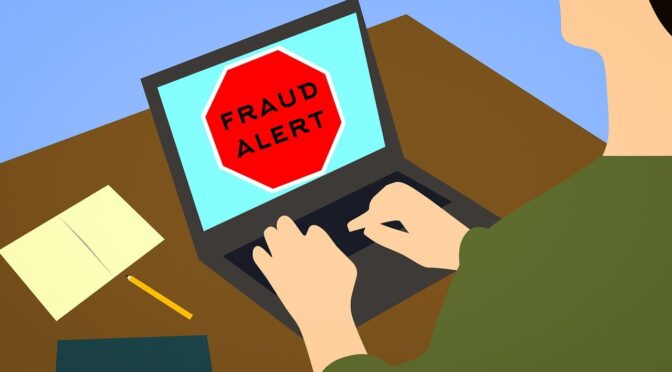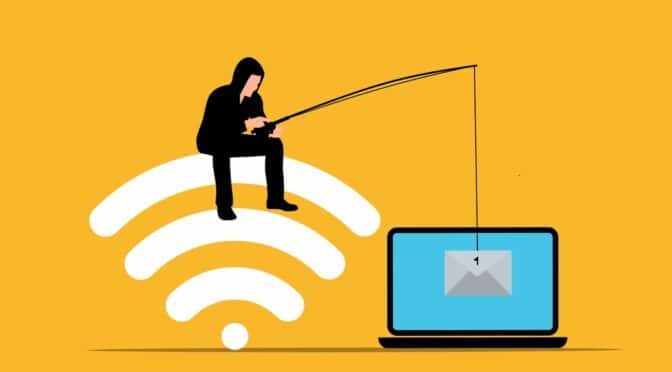If you or someone you know is tempted to get a quick cash loan from one of the online companies that offer short-term loans, or if you’re thinking about a local payday lender, here are some good reasons not to do it. There’s also some equally unpleasant evidence that debt collectors use illegal techniques.
The Consumer Financial Protection Bureau (CFPB), during the past year, reviewed the practices of companies that make fast cash, short-term loans. It found a pattern of payday lending bullies in the industry who use harassment and deceptive techniques to try to collect money.
Here’s what they discovered:
- Payday lenders sometimes threatened to take legal action to collect a debt when they know they won’t do it. The CFPB says the threats are “unlawful deceptive practices.”
- Some payday lenders threatened to impose additional fees or to debit borrowers’ accounts at any time, when this was not allowed by their contract.
- Some payday lenders lied about non-existent promotions to lure borrowers to call back about their debt.
- Payday lenders also called borrowers a number of times a day and sometimes employees of the companies visited borrowers’ workplaces. The CFPB says, “Such practices by lenders can violate the Dodd-Frank Act’s prohibition on unfair practices.”
- When payday lenders hired outside collection agencies, the CFPB says, employees of those companies harassed and threatened borrowers.
The CFPB also looked at the practices of more than 4,500 debt collection agencies in the U.S., and the the picture they paint is as creepy as the payday lending world.
DEBT COLLECTORS
The CFPB found debt collectors intentionally and illegally mislead consumers about taking them to court and filing lawsuits when they had no intention of pursuing them. If consumers challenged the debt collectors they invariably dropped the lawsuits because they didn’t have the evidence to prove their claims.
Some debt collectors, like the payday lenders, make “excessive and illegal calls to consumers.” Investigators found one debt collector made about 17,000 calls to people outside of the time that’s established by federal law. 1,000 consumers were called as often as 20 times within two days.
WHAT THE REPORT DOES
The CFPB says it aims to put companies on notice and pressure them to clean up their operations. The Bureau also alerted law enforcement officials who can take action against the worst offenders.
In the meantime, it’s wise to stay away from payday lenders and important to report harassment by debt collectors.


